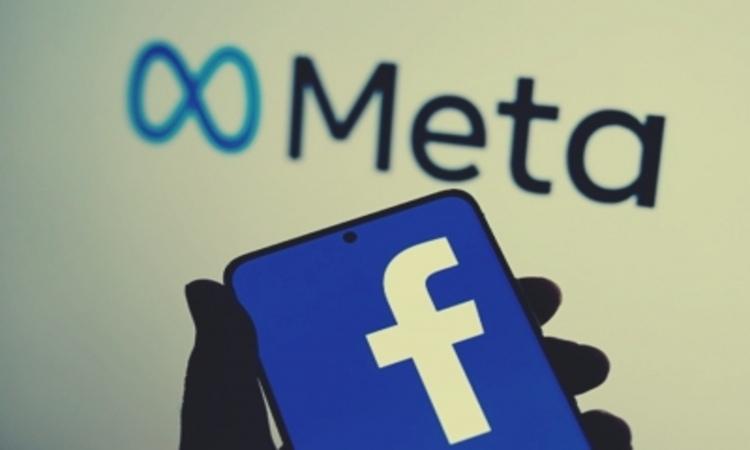Meta (formerly Facebook) has now blocked Russian state media outlets RT (earlier called Russia Today) and Sputnik across the European Union.
RT and Sputnik pages aren't visible in the EU on Facebook and Instagram any more.
"We have received requests from a number of Governments and the EU to take further steps in relation to Russian state controlled media," Nick Clegg, president of global affairs at Meta, said on Twitter.
Also Read | Ukraine to get 70 fighter jets from Poland, Slovakia & Bulgaria
"Given the exceptional nature of the current situation, we will be restricting access to RT and Sputnik across the EU at this time," he posted late on Monday.
The social network has also blocked Russian state media from advertising on the platform.
Meta earlier blocked access to several Russian state-controlled accounts in Ukraine. The social network said it was also reviewing other governments' requests to restrict access to these accounts in their countries.
Hit by partial restrictions, Meta (formerly Facebook) had prohibited Russian state media from running ads or monetising on its platform anywhere in the world.
Meta has also taken down a network for targeting people in Ukraine who posed as news editors, aviation engineers and authors to spread misinformation around the Russian invasion across social media platforms.
Also Read | Fintech platform Volopay raises $29 mn, to expand to India
The people ran websites posing as independent news entities and created fake personas across social media platforms including Facebook, Instagram, Twitter, YouTube, Telegram and also Russian Odnoklassniki and VK apps, the company said.
This operation ran a handful of websites masquerading as independent news outlets, publishing claims about the West betraying Ukraine and Ukraine being a failed state.


















